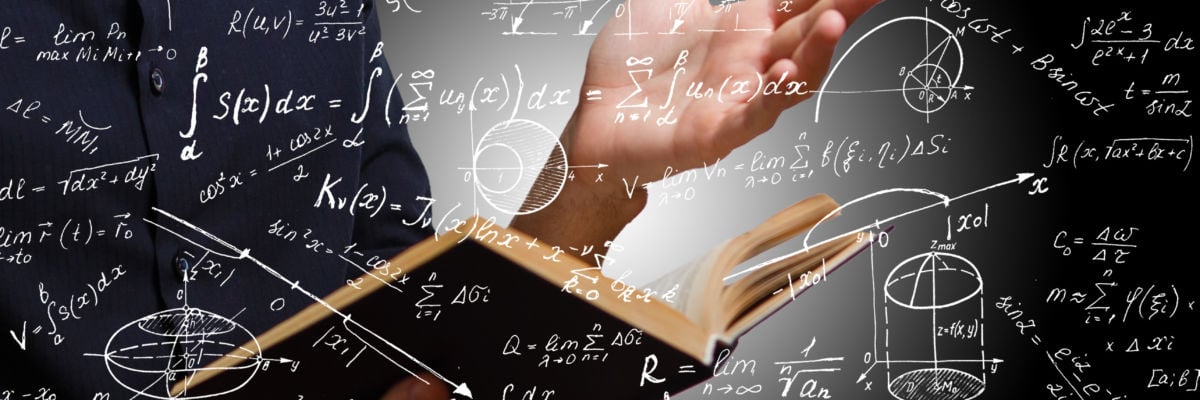
DAY 333
CHALLENGE
“Why shouldn’t science be the ultimate guide to truth in all matters?”
DEFENSE
Because some truths are inaccessible to science.
First, there are many subjects in life where it would be foolish to try to apply the scientific method. For example, it would be foolish for a man who desires to know if his wife still loves him to subject her to a series of scientific tests. Even if such tests were well designed, they would be likely to crush her remaining affection for him. This is a case where the attempt to impose scientific method disturbs the very thing being observed (a phenomenon also encountered on the subatomic level with Heisenberg’s Uncertainty Principle). This is not to say that it’s impossible to determine spousal love, but it is to say that science does not offer the method required.
Second, there are whole fields of knowledge that are inaccessible to science. One is morality. Moral goodness is a non-empirical quality— that is, we cannot detect qualities like good and evil using our senses or through devices that extend the range of our senses (e.g., telescopes, microscopes, spectrometers). Science can investigate the question of what people regard as morally good and evil. But since these qualities are scientifically undetectable, it is impossible to perform an experiment showing that a particular act is, objectively, one or the other. Thus science could show that most people regard torturing babies for fun is morally wrong, but there is no experiment capable of proving that it is, in fact, wrong.
Third, science draws heavily on principles from logic and mathematics. But in these fields, a different methodology is used to provide proofs. Instead of being based on prediction and experiment, logical and mathematical truths are proved by being derived from certain foundational principles (axioms) that are not demonstrable. Science does not and cannot use the scientific method to prove logical and mathematical truths it presupposes.
Fourth, science depends on metaphysical assumptions that cannot be verified by scientific method. For example, it assumes that the uni-verse behaves in a lawlike manner that can be extended into the past and future, so that the world did not spring into existence five seconds ago (complete with traces of a fictional history) and will not cease to exist five seconds from now.



